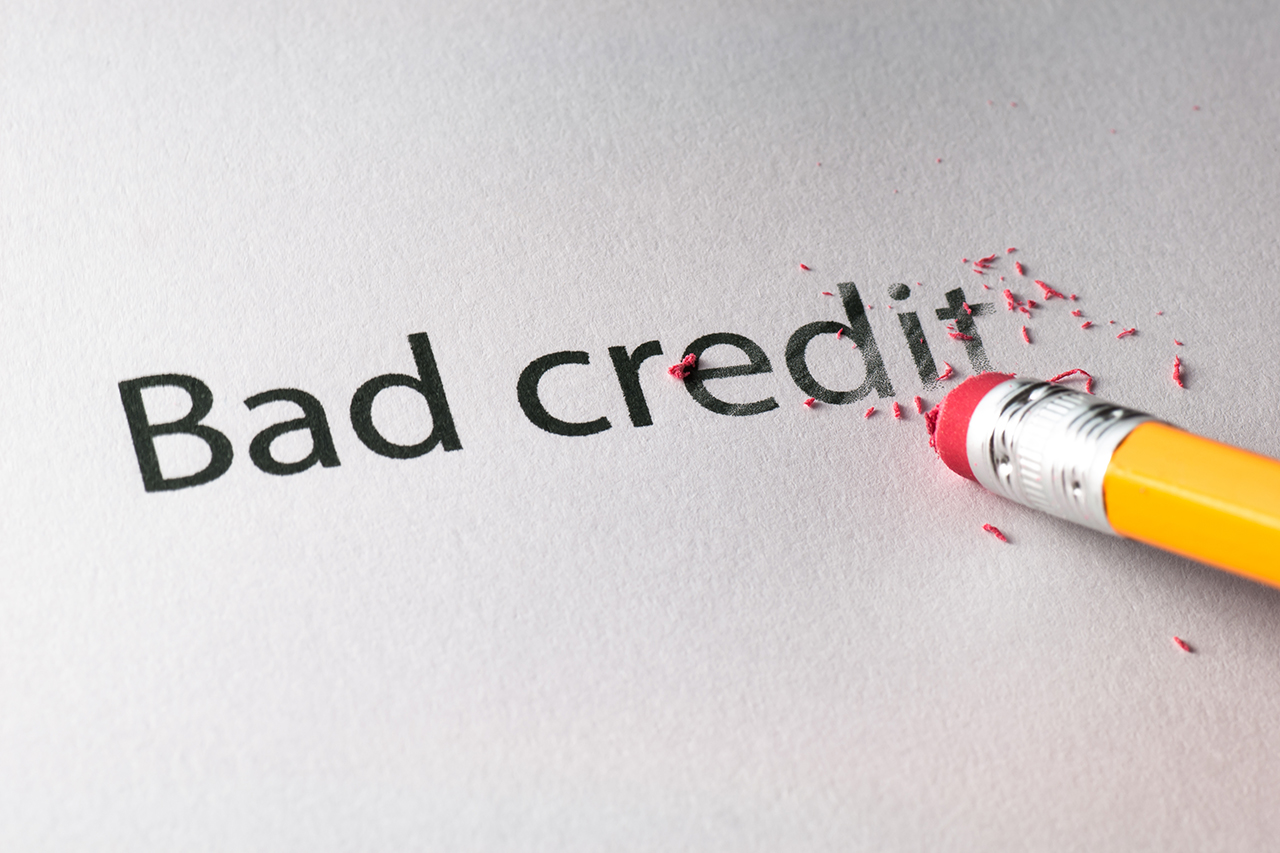16 Jan 2015
Analysis: Repairing bad credit

Nikki Christie, Independent Financial Adviser, discusses how to repair a damaged credit score.
If you have a bad credit rating, it makes sense to set about improving it as soon as you can.
Take Stock
If you are serious about repairing it, take a detailed look at how you got into debt in the first place. Make sure your outgoings do not exceed your income. Look through your bank account statements for any luxuries you can cut back on, as well as any discrepancies, such as old direct debits you have forgotten to cancel.
It is possible to view the information about you that lenders have access to (your credit report/record) when you submit an application for a credit card, personal loan or a mortgage. In fact, it is sensible to regularly check your report to make sure the information is correct. You can do this through one of the following organisations:
- Experian UK
- My Equifax
- Checkmyfile
Prove that you have settled your debts
Once you have sorted out your finances, you should obtain proof that the debts have been settled. In the case of a County Court Judgement (CCJ), this will be a Certificate of Satisfaction obtained from the court.
For informal settlements this would be a letter from the creditor. For Individual Voluntary Agreements, debt repayment/management plans and bankruptcy, confirmation will be required from the Trustee or Insolvency Practitioner.
Ensure you do not get a bad credit rating again
Lenders will be concerned about problems recurring. You need to be able to persuade them that this will not happen and that you do not present any risk as a borrower. They will look at issues such as your job security, domestic stability, health, affordability, income stability and current level of indebtedness. You can insure against some of these issues (redundancy, sickness and so on), but others will require a little more effort on your part.
Then ask yourself:
- What if your income reduces?
- Have you left a margin of error when it comes to your income and outgoings?
- Are you relying on overtime or bonuses?
- What if interest rates increase?
For a brighter future, ensure you gain a good credit score.
Nikki Christie, Independent Financial Adviser